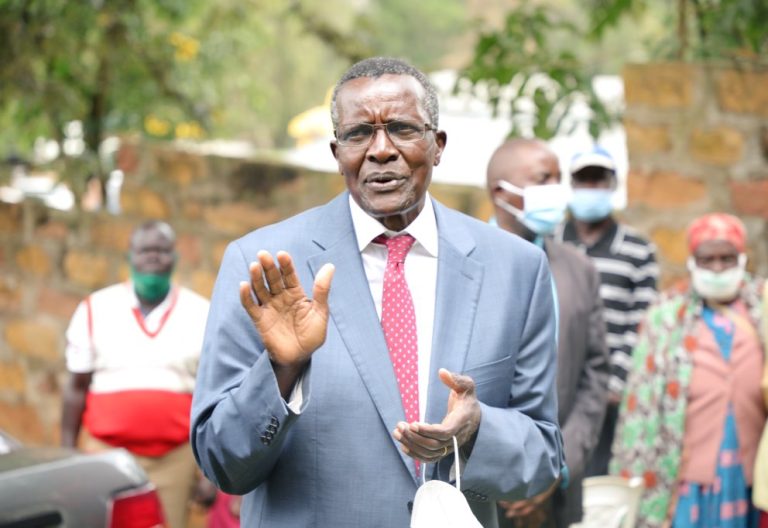60 years of joy, growth and national despair
By Alberto.Leny, June 6, 2023Kenyans last week marked 60 years since independence with a mixture of reflection and apprehension deeply rooted in the nation’s political and socio-economic history.
The 60th Madaraka Day was a milestone in the journey that started six decades ago when Kenyans celebrated with joy the end of colonialism and optimism for consolidation of unity and growth.
These two aspects of nationalism pioneers of the independence struggle valiantly fought for have achieved measurable success, but the ultimate prize remains elusive.
Kenya navigated baby steps of nationhood in a thorny period where the ideals of freedom fighters were sacrificed at the altar of political expediency and ethnicity as the nation entered adulthood. The country must come to terms with the reality of its shortcomings weighed on the scale of democracy, equity, inclusion and constitutionalism.
Kenya’s problem remains a problem of governance and distribution of power and resources. The Constitution is the yardstick by which to benchmark the current level of our joy and growth after 60 years of independence as we reflect on the pain of national despair that haunts Kenyans to date.
The preceding years of anti-colonial struggle are intertwined with the evolution of the Constitution. Kenya’s cherished constitutional framework and independence were negotiated in the Lancaster House conferences of 1960, 1962 and 1963.
However, the “old” Constitution fell victim to post-independence manipulation and capture, fracturing the cardinal principle of separation of powers between the Executive, Legislature and Judiciary. It also punctured the spirit of unity and nationhood, entrenching the growth of corruption and negative ethnicity.
The protracted battle for supremacy of constitutionalism intensified. Citizens felt the Executive had usurped powers of other arms of government and the sovereignty of the people that reigns supreme in democratic governance. A second liberation struggle gave birth to the 2010 Constitution greeted with joy and optimism as the 1963 Constitution, albeit with a tinge of apprehension.
A long-fought meticulous process was belatedly tampered with to prematurely deliver a “mongrel” Constitution. The expected people-centred government in a parliamentary system where previously centralised powers of the president were shared in a two-tier devolved system of governance and decentralised distribution of national resources became a cropper. Despite the good intentions of the framers of the 2010 Constitution, a common perception persists that the Executive has perfected the art of State capture it vehemently campaigned against before the last election. That this grip has extended to Parliament via defections, inducements and State appointments.
No better scenario paints this picture than the raging debate on the controversial Finance Bill, 2023 exposing sharp political divisions, and the glaring gulf between a severely economically constrained citizenry and an all-powerful Executive.
Thankfully, the Constitution has an anchor for citizens in its sacred sanctums – public participation. During appearances before the parliamentary Finance Committee, stakeholders, both public and private overwhelmingly rejected the Bill as crafted. One can only conclude one thing when a combative President and his deputy confidently predict that the Bill will be passed in Parliament whether the Opposition and the people like it or not. That 60 years after independence, Kenyans, have in national despair, surrendered constitutionally guaranteed rights to determine political and economic decisions affecting them to State and Legislative capture, through a domineering Executive.
— The writer comments on political and economic affairs
More Articles

